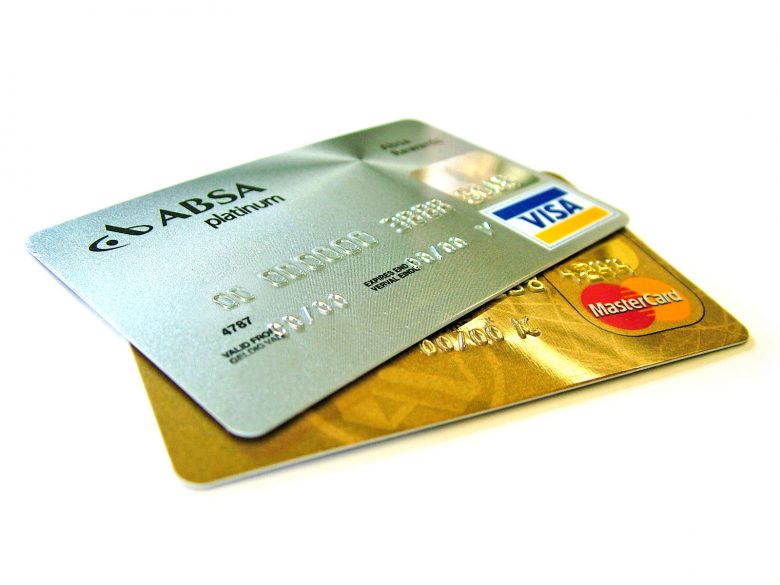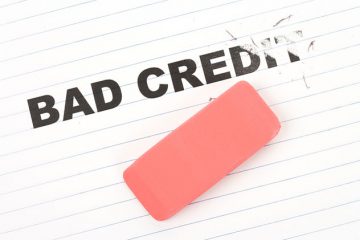When it comes to good and bad types of debt, credit cards rate up there pretty highly. But the question needs to be asked, do you really need a credit card these days?
If you stick to the card’s limit and pay off any debts within the interest-free period, credit cards can be useful to have. When used wisely credit cards can be used to help you budget and improve your personal credit rating.
The tricky part is, knowing which card is best for your personal circumstances, as there are hundreds of different cards out there to choose from, including pre-paid visa cards. If you don’t do your research before taking out a credit card, you could end up getting the wrong one and getting a bad deal for yourself.
It’s important that you understand how credit cards work, their repayment terms and their interest-free periods. This will allow you to avoid any nightmare situations later on when it comes to future repayments.
Using a credit card responsibly will allow you to borrow and spend up to your card’s limit.
Interest is charged on all credit card purchases so it’s important that you remember to pay of the balance in full before the interest-free period expires. The limit, which is applied to your credit card, is set and decided by your provider, be it your bank or local credit union.
Interest-free periods come in a wide range so it’s important that you check your terms and conditions before signing the contract. On average, interest-free periods can range from between 30 and 55 days.
When it comes to your repayments you need to ensure that you check your monthly bill for the amount due and pay it off in full to avoid any interest accumulating. Most credit cards allow you to pay off a minimum repayment amount each month, but it’s important to keep in mind that in doing so interest will be charged on the remaining balance.
Each month when it comes time to pay off your credit card balance, it’s important that you keep on top of this as failure to pay off at least the minimum repayment amount, can result in late payment fees being applied.
By being aware of your monthly transactions on your credit card and paying off your card’s balance in full, you will be able to enjoy all the benefits of using a card without occurring any risks of debt.
One of the biggest yet often overlooked benefits of using a credit card for your everyday transactions, is the consumer protection, which it affords you. In case a purchase goes wrong, or a product, which you ordered from the internet, is faulty or not as advertised, your credit card provider can help you with reversing the transaction.
You will be able to contact your bank or financial institution, which issued you with the card and have them contact the merchant or retailer on your behalf.
When using your credit card for everyday purchases, it’s important that you remember to keep track of your transactions and to always pay of your debt in full before the interest-free period expires. Be sure to stay within your spending limits and never charge amounts to your credit card which you can’t comfortably pay off.



